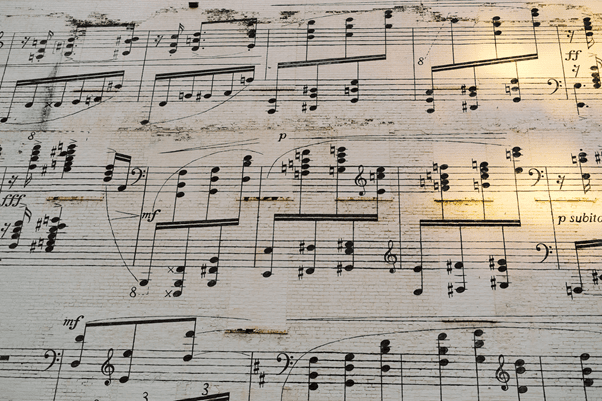Music theory is an incredibly vital component of music learning. Some individuals refer to it as the grammar of music as it offers rules by which music operates. So, why is music theory critical in music education?
Music theory ensures that students can understand how to interpret and write music. It involves learning about articulation, chord progressions, time signatures, note values, and reading. Read on to learn more about the significance of music theory.
Understanding the Fundamentals of Music
Music theory helps students understand the fundamentals of music and how to compose it. For any beginner musician, scattered notes on a piece of paper may not mean anything, and it can be like trying to comprehend a foreign language.
Thus, music theory ensures that music students can learn the form and structure behind a specific piece of music. It also serves as the basis through which one grows in their musical journey, communicates with other musicians, and knows musical symbols.
In addition, music theory offers students a deeper understanding of music composition through:
- Keys
- Intervals
- Scales
- Notes
It also helps learners know which components are vital for composition, which sounds good, and which do not. Essentially, music theory ensures that you can understand the basis of music.
Creating Your Own Music
At one point in time, most music students may need to join a band or musical groups. In that case, learning how to be an independent composer is a crucial part of writing music. Music theory ensures you know the basic ingredients necessary to produce a specific musical piece.
It also gives learners the ability, control, and freedom to create. Music composition can only occur if you understand what you are doing. Furthermore, understanding music theory lets you express your ideas, emotions, and thoughts.
Combining music theory and other music practicals, like ear training, ensures that you can comprehend the mathematics and language of music. Also, it enables you to analyze other music composers’ work and personalize it to fit your style. Therefore, music theory ensures that music students can write their songs and be creative in their musical practice.
Learning Music Independently
Music theory provides students with a solid foundation to compose songs. If you know more about the basis of music composition, you may be free to learn music
Adept musicians in music theory can verify that theory is crucial in the independent customization and personalization of music. Furthermore, music theory ensures that you can determine the most appropriate time to apply musical rules, leading to greater composition freedom. Therefore, knowledge of music theory ensures that music students can have their ideas and do things in their own way.
It Enhances One’s Ability to Improvise
Improvising is a necessary skill that every musician should possess. When you can comprehend music theory, you will know everything about chord progressions, which is essential in improvisation.
Improvisation involves acts where a musician develops something new on the spot without any previous reference. It can happen when musicians play together, during solos, when one accidentally misses their spot, or even over vamps.
In most situations, excellent improvisation skills will enable you to find a way back to music without showing any mistakes. Thus, it is through music theory knowledge that one can seamlessly improvise on the fly.
Makes Memorization Better
Understanding the basic concepts of how music works are ideal for memorization. Once you understand a song’s variations, themes, chord progressions, and form, you can easily memorize all sections and predict music patterns.
Music theory will make memorization easier and ensure you can jam and play with other musicians better. In addition, music theory enables musicians to understand one another. For instance, you can easily comprehend when another musician uses concepts such as third movement or measure 42. If you do not know the theory, you may have trouble talking about music with other musicians.
Have a Better Ear
Ear training and music theory work more effectively when you do them together. When you train the brain to understand music theory, you also train the ear to hear the guidelines in theory. For instance, when you hear chord progressions I, IV, V, and VI in popular music, you can quickly identify and play it by the ear.
Literate musicians can comprehend the inner workings of a musical piece. Understanding theory ensures you can better understand various genres, including opera, pop songs, classics, or string quarters. It also allows you to quickly point out a music genre by hearing.
Final Thoughts
Music theory is one of the most significant basics for understanding music. It ensures that you can understand the form and structure behind a specific musical piece. Thus, incorporating music theory and practicals is one sure way to become a master of music. From the above importance of music theory, can you say that music theory guarantees better musicians?
